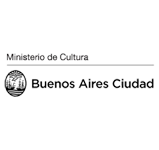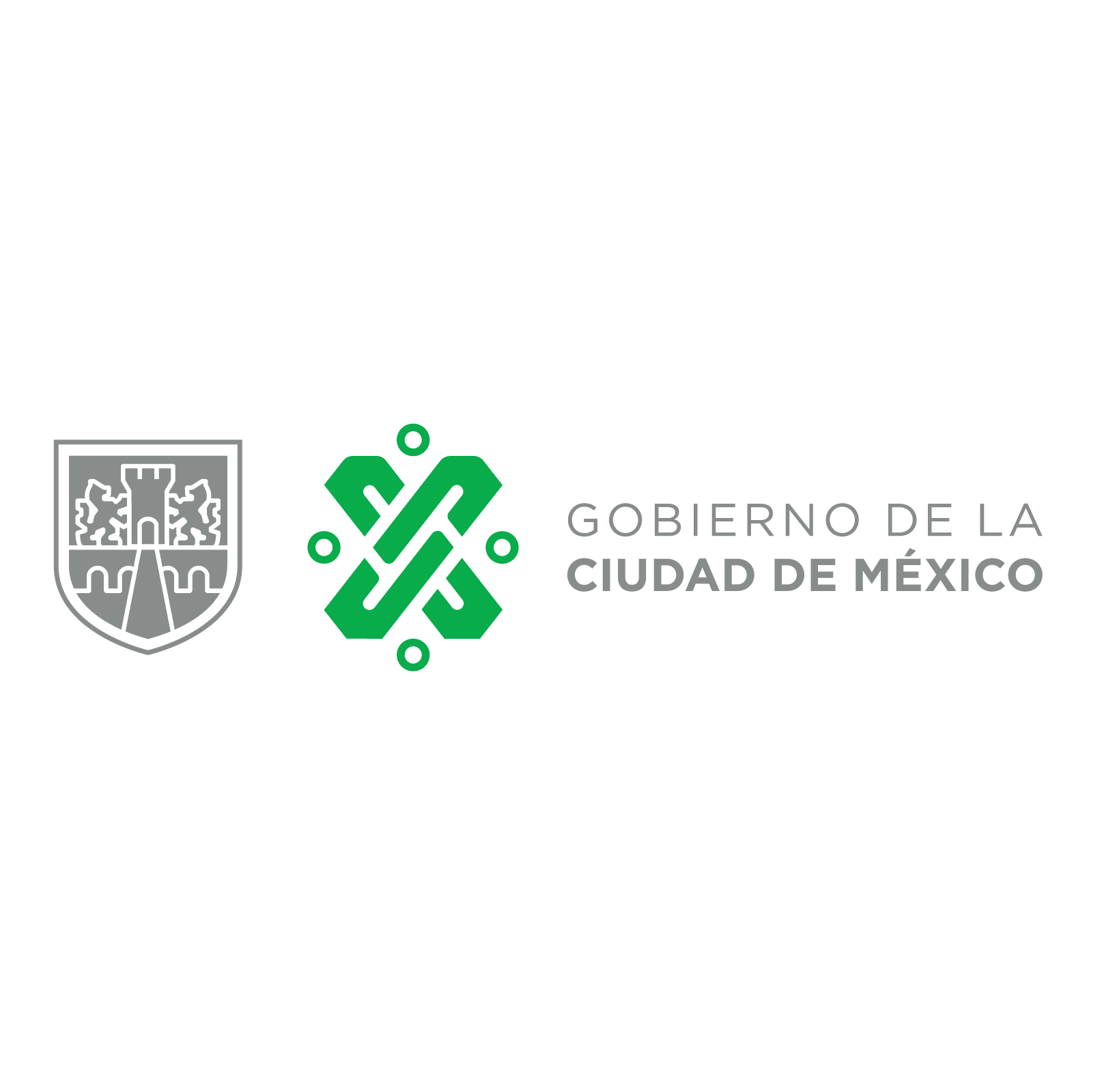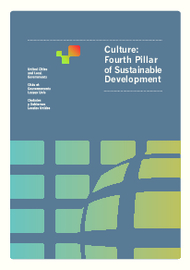You are here
Culture, the fourth pillar of sustainability
Introduction
“Sustainable development can be defined as progress that meets the needs of the present without compromising the ability of future generations to meet their own needs.”
This definition was developed in the 1980s based on three dimensions or pillars: economic growth, social inclusion and environmental balance.
Since the beginning of the century, voices of different parts of society, from international institutions to academia, began to question the validity of the current definition of sustainable development. They state that economic growth, social inclusion and environmental balance, no longer reflect all the dimensions of our global societies and propose the addition of the dimension of culture to policies aiming at sustainable development.
The Executive Bureau of UCLG, approved the Policy Statement “Culture is the Fourth Pillar of Sustainable Development” on 17 November 2010, in the framework of the World Summit of Local and Regional Leaders - 3rd World Congress of UCLG, held in Mexico City.
The document calls on cities and local and regional governments around the world to (a) develop a solid cultural policy, and (b) include a cultural dimension in all public policies.
The document does not consider culture as “the fourth” pillar or dimension in a hierarchy. The document is rather an advocacy document that promotes culture to become a specific pillar or dimension of sustainable development, fully interconnected with, and as important as, the other three.



















